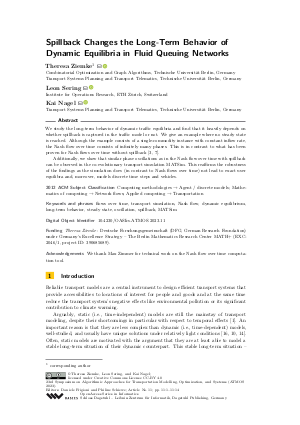OASIcs.ATMOS.2023.11.pdf
- Filesize: 0.99 MB
- 14 pages

 Creative Commons Attribution 4.0 International license
Creative Commons Attribution 4.0 International license


















Feedback for Dagstuhl Publishing